Indigenous Governance Database
seven-generation thinking
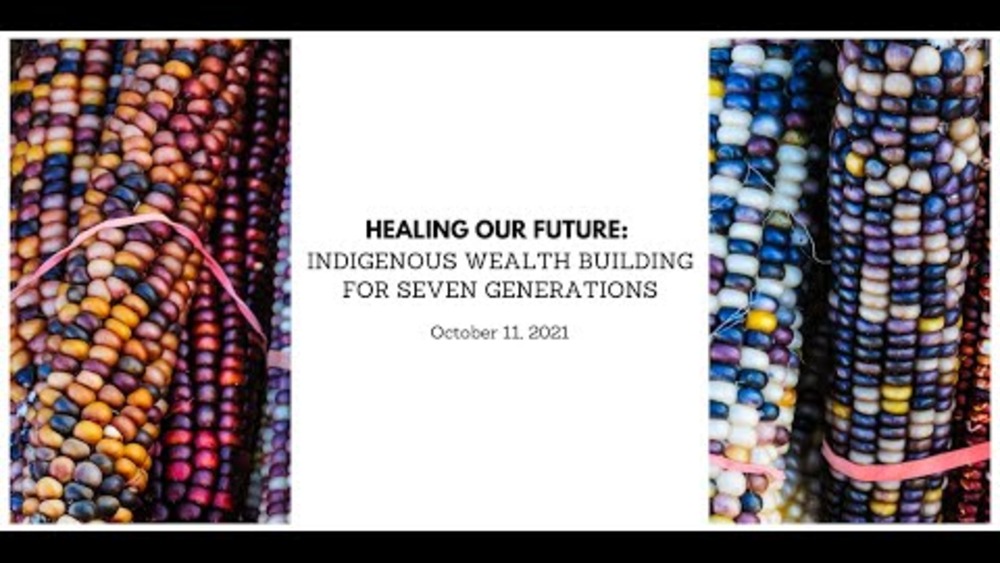
Healing Our Future: Indigenous Wealth Building for Seven Generations
What does an Indigenous approach to wealth look like? How can Indigenous wealth concepts help us heal our future? What are examples of wealth building happening in Indigenous communities? Native Governance Center's Indigenous Peoples' Day 2021 event, "Healing our future: Indigenous wealth…
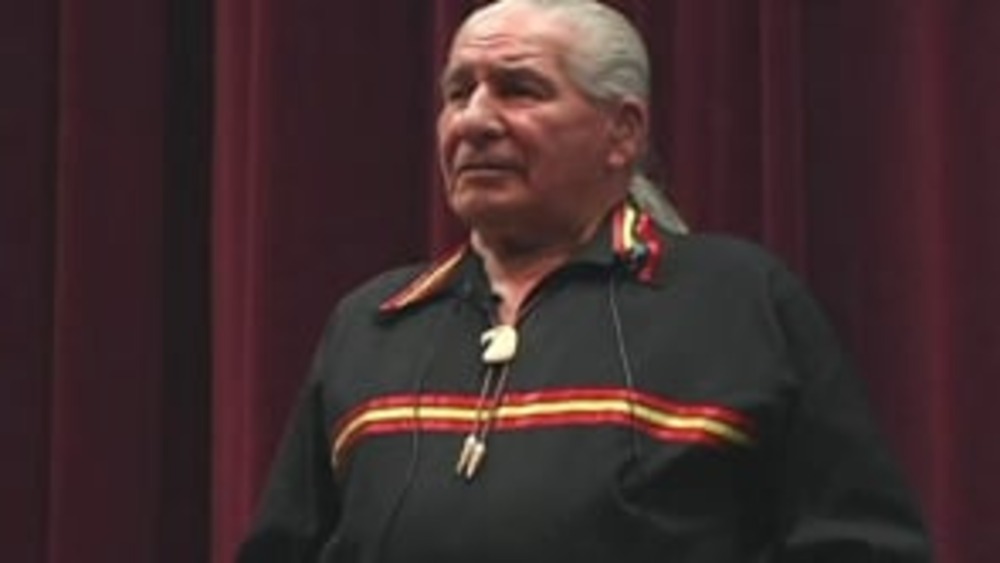
Oren Lyons: Looking Toward the Seventh Generation
Onondaga Chief and Faithkeeper Oren Lyons discusses the increasingly urgent issues of global warming and climate change and points to Indigenous peoples, their core values, and their reciprocal relationships to the natural world as sources of instruction for human beings to heed in order to combat…
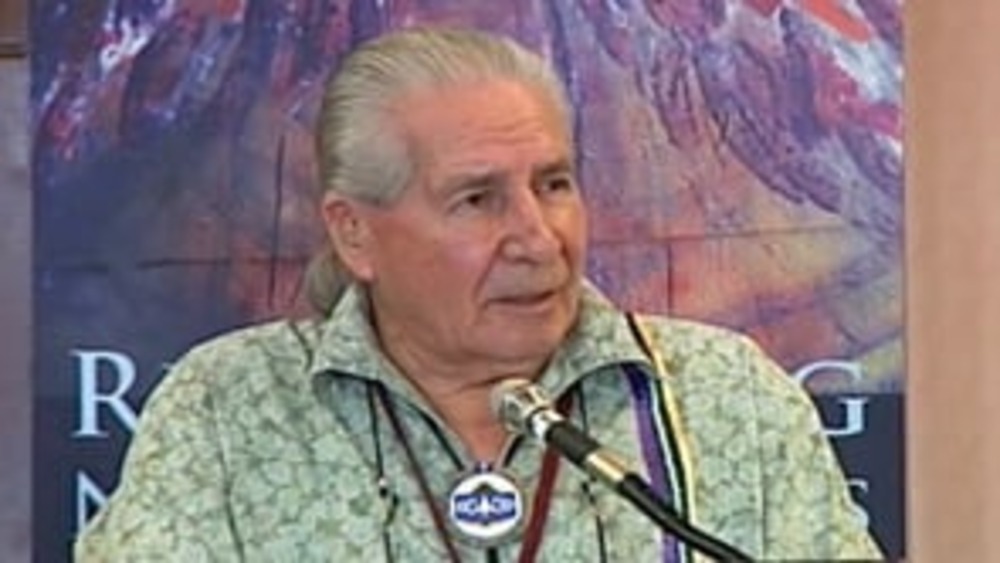
From the Rebuilding Native Nations Course Series: "The Strategic Approach to Leadership"
Native leaders discuss why it is important for Native nation leaders to take a strategic approach to leadership, stressing that the decisions they make must be made with the culture and values of their people and the next seven generations in mind.
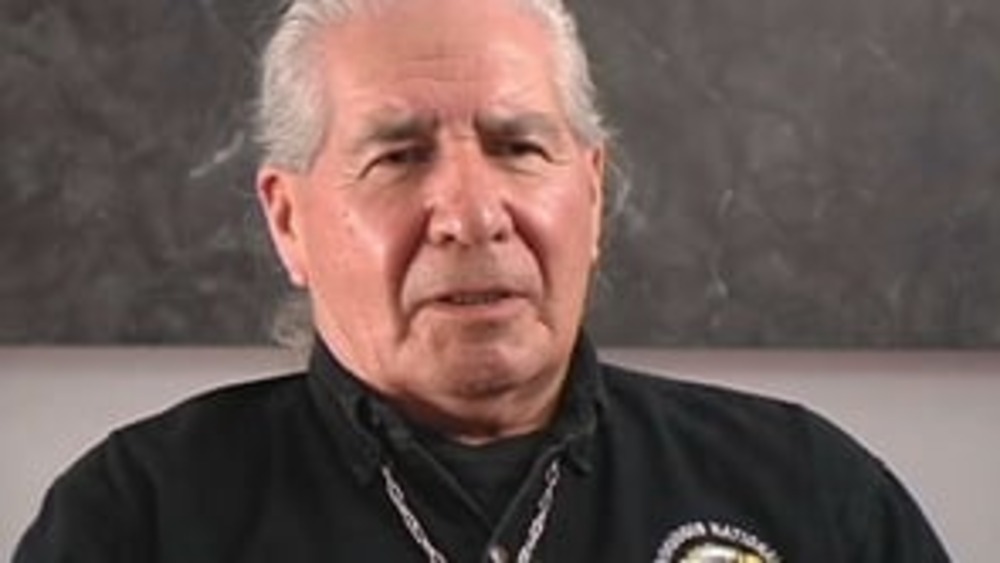
Great Tribal Leaders of Modern Times: Oren Lyons
Produced by the Institute for Tribal Government at Portland State University in 2004, the landmark “Great Tribal Leaders of Modern Times” interview series presents the oral histories of contemporary leaders who have played instrumental roles in Native nations' struggles for sovereignty, self-…
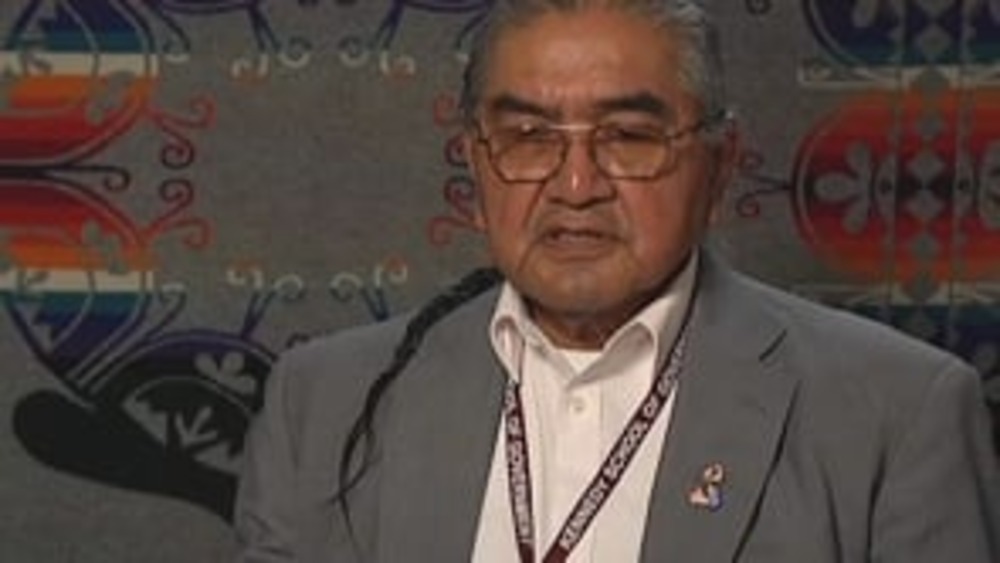
From the Rebuilding Native Nations Course Series: "The Importance of Strategic Planning"
Native leaders explain the importance of strategic thinking and planning to effective Native nation governance and emphasize the consideration of future generations in Native nations' decision-making processes.
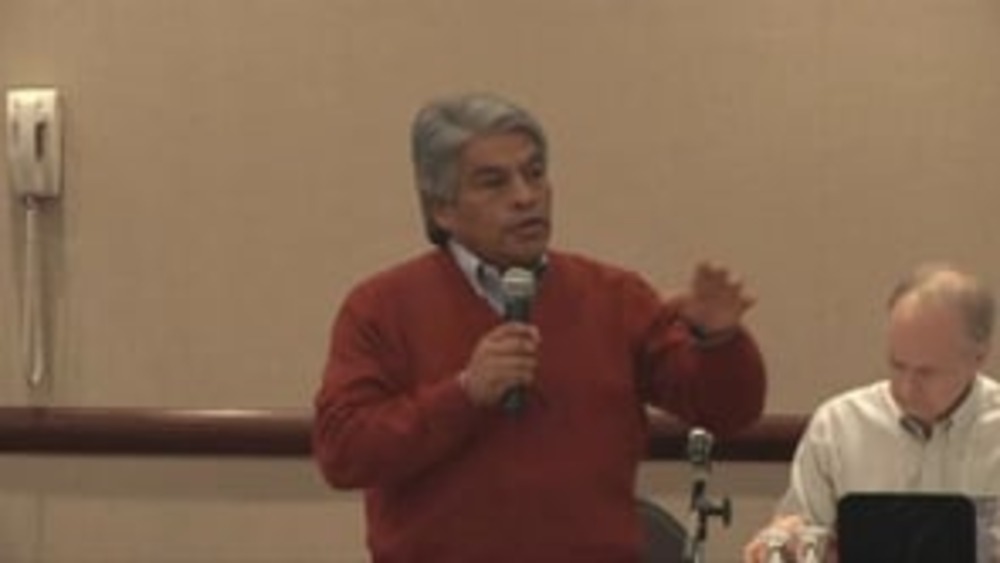
Regis Pecos: The Role of Core Values in Cochiti Governance and Renewal
In this excerpted video, former Cochiti Governor Regis Pecos provides an overview of the core values that are integral to Cochiti's culture and way of life, and shows how his people relied on the application of those core values to overcome a catastrophe and rebuild its nation and community. This…
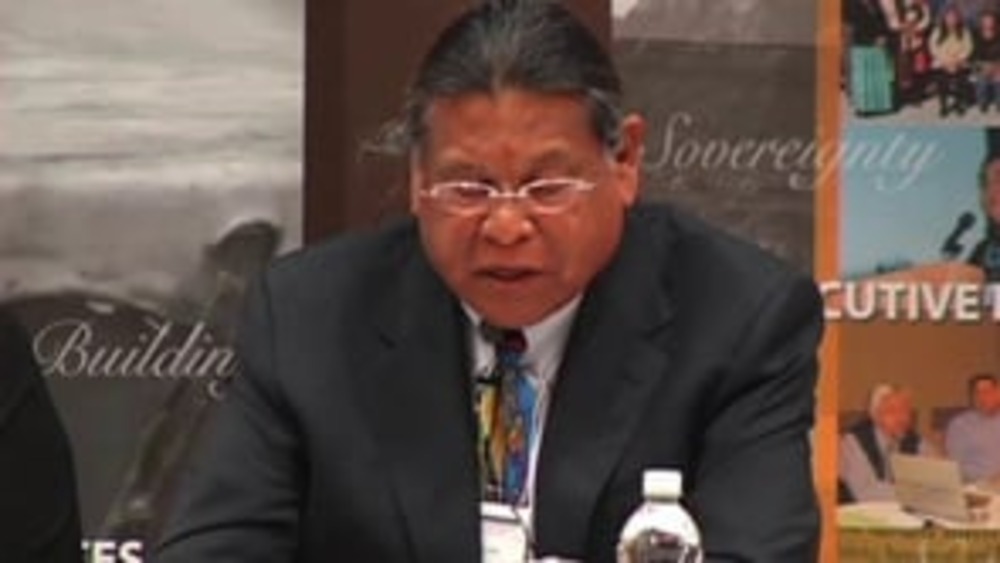
Anthony Pico: What I Wish I Knew Before I Took Office
Viejas Band of Kumeyaay Indians Chairman Anthony Pico reflects on his experiences as leader of his nation, and stresses the importance of Native nations strengthening their systems of governance in order to protect and strengthen their cultures and ways of life.
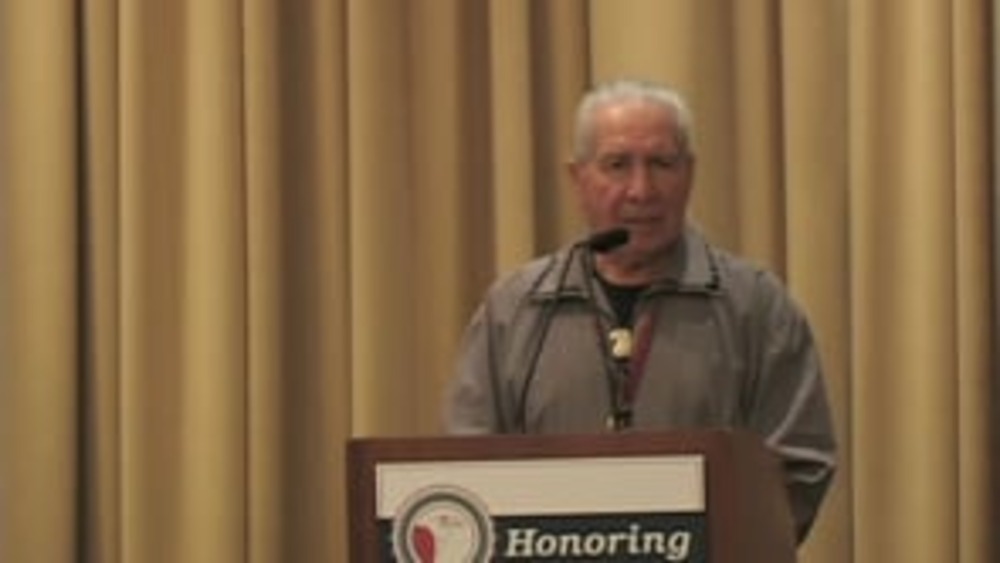
Honoring Nations: Oren Lyons: The Challenges Ahead
Onondaga Chief and Faithkeeper Oren Lyons briefly summarizes the critical, urgent challenges that global warming and resulting climate changes present to Indigenous people and all human beings, and stresses that the principles that traditionally nurtured the relationship between Indigenous peoples…
Honoring Nations: Oren Lyons: Rebuilding Healthy Nations
Onondaga Chief and Faithkeeper Oren Lyons urges Native nations to continue sharing their stories of success, learning from each other, and working towards creating a better future for the next seven generations.
Regis Pecos: The Why of Making and Remaking Governing Systems
Former Cochiti Pueblo Governor Regis Pecos shares his thoughts about the ultimate purpose of constitutions, governments and governance from a Pueblo perspective, and argues that constitutional reform presents Native nations with a precious opportunity to reclaim and reinvigorate their cultures and…
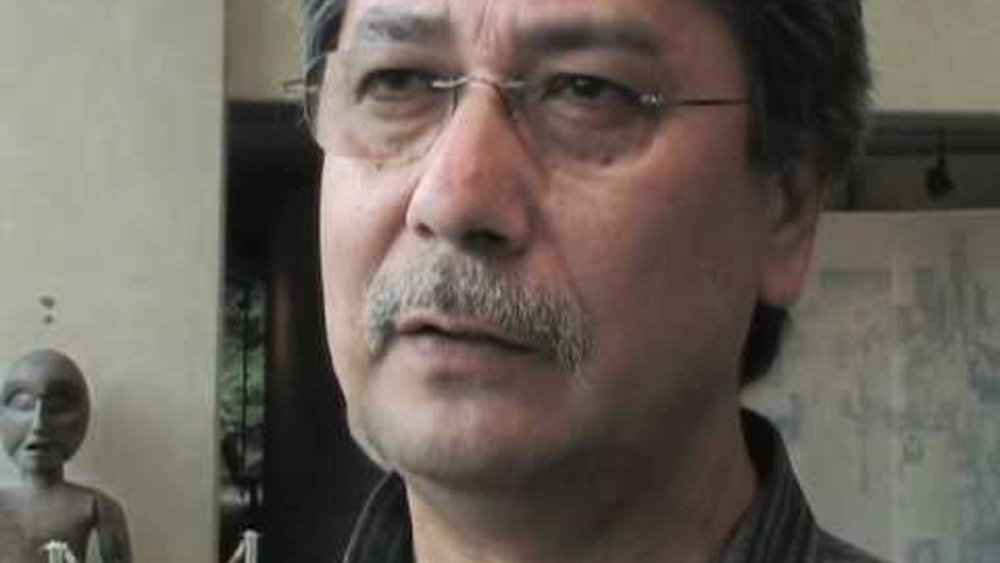
NCFNG: Youth and First Nation Governance
Satsan (Herb George), President of the National Centre for First Nation Governance, talks about the importance of involving youth in Nation Rebuilding.
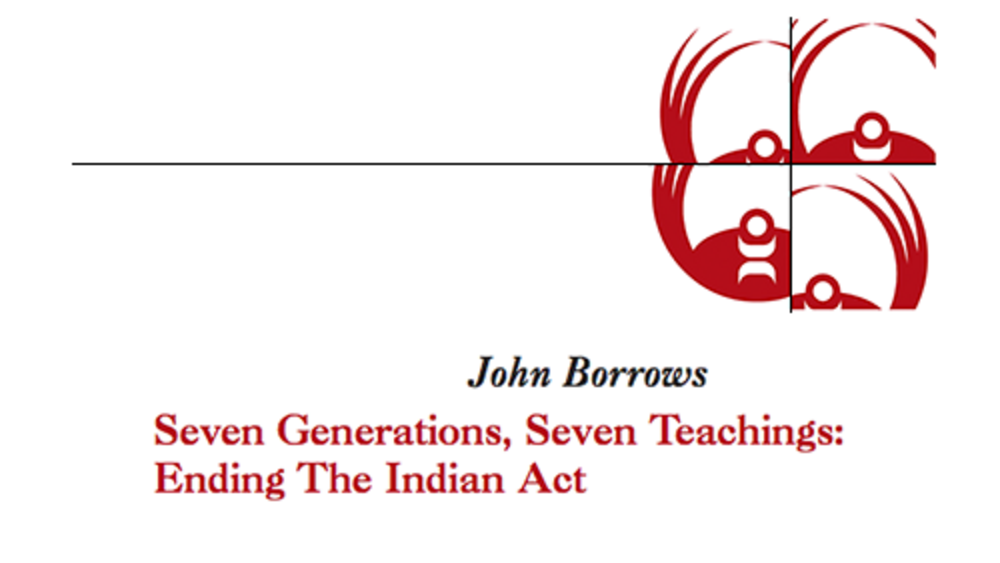
Seven Generations, Seven Teachings: Ending the Indian Act
Six generations have passed since the Indian Act was introduced and the seventh generation, now rising, will be healthier and our communities will enjoy more freedom if we assist them in getting rid of the Indian Act. Communities and the next generation can overcome the Indian Act’s hold over all…
